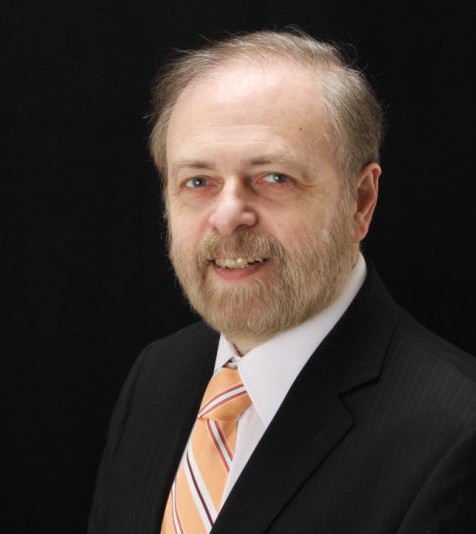By Rabbi Mordechai Levin
The recent release by the Rabbinical Assembly — the international organization of Conservative and Masorti rabbis — of the book, The Observant Life: The Wisdom of Conservative Judaism for Contemporary Jews, offers an answer to the question, ‘What does it mean to be a Conservative Jew in the 21st century?’. The book, intended specifically for lay people, took 10 years to compile and contributions from more than 30 rabbis.
Rabbi Julie Schonfeld, executive vice-president of the Rabbinical Assembly, explained that the book is called The Observant Life because we remain steadfast in the belief that observing Judaism — that is, practicing mitzvot — is the pathway to uncovering the full richness of Judaism in our lives.
In the introduction, Rabbi Michael Katz writes that Conservative Judaism teaches that halakhah (Jewish law) is a guide for Jewish living that represents the revealed will of God, as codified by our rabbis, and ultimately adopted and shaped by the Jewish people over the course of their four-thousand-year-long history. ?In one sense, halakhah is the Jewish roadmap that shows how to navigate through life with a sense of holiness.
Halakhah includes the so-called mitzvot ‘bein adam lamakom’ (commandments that address the relationship between human beings and God), and the mitzvot ‘bein adam lahaveiro’ (commandments that concern relations between human beings).
This book is divided into three sections. The first explores Jewish rituals: Shabbat, kashrut, festivals, prayer, etc. The second deals with the challenges facing committed Jews who are engaged in the modern secular world: issues related to being a moral citizen, the world of business, the workplace, relationships between employers and employees, financial matters, etc. The third section considers our relationships with others: relationships between spouses, siblings, parents and children, being single in a mostly-married world, relationships with other faith communities, medical ethics, individuals with disabilities, etc.
This is a book about people trying to live halakhic lives; it makes precise suggestions about how one might go about living such a life. The book offers Conservative Judaism’s perspective about the issues covered; however, this is not a book of ultimate legal decisions that reflects more than the views of its authors.
Until now, the ethical and ritual positions of Conservative Judaism were scattered in many books and articles, and therefore it was not easy for lay people to access them. This book is an important contribution to the understanding of Conservative Judaism. I recommend that all of us take advantage of this new publication and enrich our knowledge of ways to live an observant life.
Rabbi Abraham J. Heschel wrote in his book God in Search of Man: A Philosophy of Judaism, that allegiance to God involves a commitment to Jewish law, to a discipline, to specific obligations. These terms, toward which modern man seems to feel an aversion, are in fact a part of civilized living?. Halakhah is an answer to a question, namely: What does God ask of me? This book is a 21st century Conservative Jewish response to that question.
 is the rabbi of Congregation Beth Israel in Munster, IN. He received his rabbinic ordination from the Latin American Rabbinical Seminary, and is a member of the Rabbinical Assembly. In 2010, he was awarded an Honorary Doctorate of Divinity from the Jewish Theological Seminary in New York City for his years of dedicated service to the Conservative movement and the Jewish community...
is the rabbi of Congregation Beth Israel in Munster, IN. He received his rabbinic ordination from the Latin American Rabbinical Seminary, and is a member of the Rabbinical Assembly. In 2010, he was awarded an Honorary Doctorate of Divinity from the Jewish Theological Seminary in New York City for his years of dedicated service to the Conservative movement and the Jewish community...